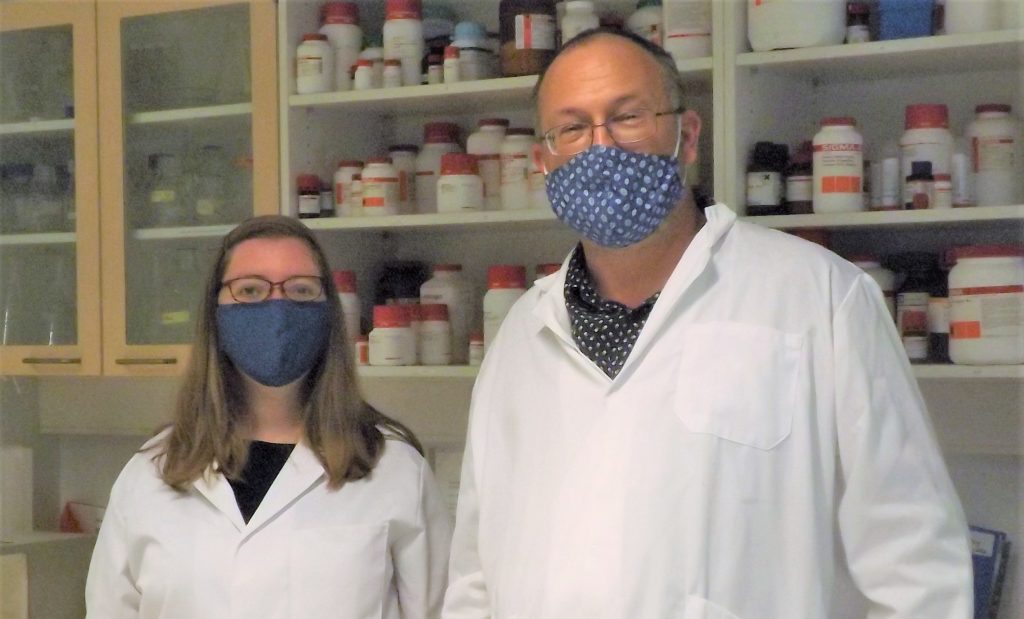Acid-stimulated Ca2+ signals as a potential therapeutic target for the treatment of oesophageal cancer
 When dissolved in water, calcium forms calcium ions (Ca2+). Inside cells, Ca2+ acts as a key signal, controlling almost every process from movement, to metabolism and the expression of genes. However, excessively high concentrations of Ca2+ lead to cell death [1].
When dissolved in water, calcium forms calcium ions (Ca2+). Inside cells, Ca2+ acts as a key signal, controlling almost every process from movement, to metabolism and the expression of genes. However, excessively high concentrations of Ca2+ lead to cell death [1].
Worldwide, oesophageal cancer (OEC) is the sixth leading cause of cancer-related mortality and is poorly responsive to treatment [2]. OEC cells respond to changes in their environment, including alterations in acidity, with rises in intracellular Ca2+. Increased Ca2+ in OEC cell Ca2+ damages the DNA [3] and causes inflammation [4], both of which promote the development and progression of cancer. Little is known about which molecular mechanisms underlie these changes in Ca2+, but probably include pumps, (which increase the amount of Ca2+ within certain compartments of the cell) and channels (which are like “valves”) Consequently, our short-term aim is to identify which molecular mechanisms are involved in converting changes in acidity outside of OEC cells into Ca2+ signals within them. Ca2+ signals in response to acidity will be measured in OEC cells using a technique called fluorescent videomicroscopy: this records changes in the brightness of a Ca2+-sensing fluorescent dye placed within OEC cells, using a microscope. The mechanisms involved in these Ca2+ signals will be determined using drugs that inhibit them and by molecular approaches, to decrease their levels. This represents the first step achieving in our long-term goal of developing new types of anti-OEC chemotherapy, targeting mechanisms involved in generating acid-stimulated Ca2+ signals.
Publications:
Alana L. Cutliffe, Sharon L. McKenna, Darshan S. Chandrashekar, Alvin Ng, Ginny Devonshire, Rebecca C. Fitzgerald, Tracey R. O’Donovan, John J. Mackrill. Alterations in the Ca2+ toolkit in oesophageal adenocarcinoma. Explor Target Antitumor Ther. 2021;2:543–575 DOI: https://doi.org/10.37349/etat.2021.00063

Alana Cutliffe and Dr John Mackrill
Back









 Contact
Contact